Bloggin Noggin

Brain Health
Decision Time
We're facing a lot of choices and things to consider amid the Covid-19 pandemic. Cut yourself slack: it's called decision fatigue.
Is it safe to go for a cuppa and cake with your friend ? Can the kids have a play date? What to say if a friend refuses to wear a mask? Are the schools safe? Should we be taking chances eating in a restaurant?
Should I be going out for a drink in a bar? Is public transport safe? What if there are no gloves at the petrol station? When my boss asks me to come back to the office, should I?
I’m sure at some point or another we are lying awake at night racking our brain for the answers to all of the questions which continue to arise and preparing for another day of unprecedented choices.
Decision fatigue is the term for what you might be experiencing and this coined by American social psychologist Roy Baumeister.
Decision fatigue is specifically defined: decision fatigue is the emotional and mental strain resulting from a burden of choices.
When humans are overstressed, we can become hasty, irritable or shut down, and that stress plays a huge role in our behaviours, including our decision making.
"It’s a state of low willpower that results from having invested effort into making choices," said Roy Baumeister, a psychology professor at Florida State University who coined the term in 2010. "It leads to putting less effort into making further choices, so either choices are avoided or they are made in a very superficial way.”
You can view some of the professor’s lectures on this subject here.
The human brain has a limited capacity of energy, and as you make decisions throughout the day, you deplete that resource. As you become fatigued, you may be inclined to avoid additional decisions, stick to the status quo or base a decision on a single criteria, Baumeister said.
When we're able to maintain daily routines, the brain can automate decisions and rely on mental shortcuts to avoid fatigue, but Covid has disrupted many of our routines, forcing us to allocate more mental energy to decision-making. Researchers have found that people making decisions in high pressured scenarios or when making moral and ethical decisions, are also prone to buckle under decision fatigue.
Tips for avoiding decision fatigue
There are some simple strategies for avoiding decision fatigue:
First of all, try to be mindful and concentrate on exactly what you’re doing in that moment
When shopping, limit the number of stores you visit
Keep a mask in your bag, in your car and by your front door
Be prepared as much as you can - this applies to pretty much everything - fuel in your car, money in your wallet, an umbrella in your bag, etc
Focus on timing your decisions and developing routines to cut out unnecessary choices, this might include meal plans for the week and sticking to a routine for sleep and exercise
Willpower diminishes and decision fatigue increases over the course of the day, so when you have important decisions to make, try to make them in the morning after a full night’s sleep and a good breakfast
Plan out tomorrow's schedule the day before
Lay out your clothes in the evening, or – like Steve Jobs – develop a uniform
Pack your bag for school or work or exercising the night before
Prioritise your decisions, and try to focus on one at a time
Stick to apps or websites you know, trust and love
Keep Well, Dr Clara Russell
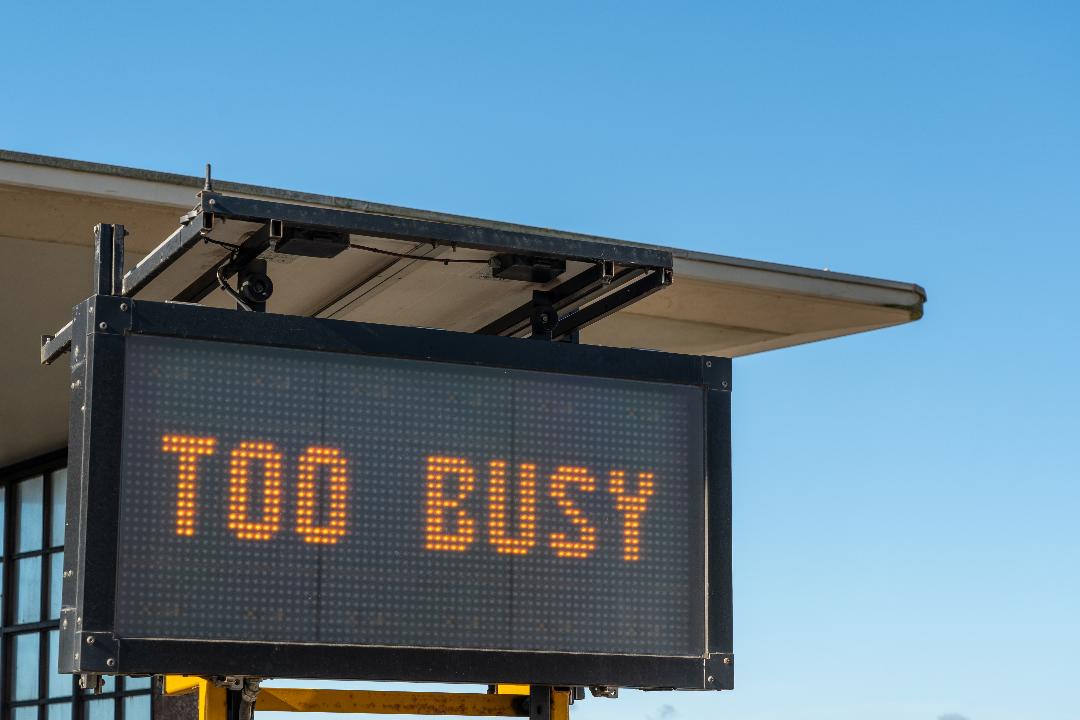
Brain Health
7 everyday ways your may be sabotaging your brain health
Too Little Sleep
Sleep deprivation can have a huge effect on how your brain functions throughout the day.
One study, for example, limited the sleep of test subjects to 4.5 hours a night and the result was that these people experienced significantly more stress, anger, sadness, and mental exhaustion.
Not exactly the best things for a well-running brain. Lack of focus and forgetting things like your face mask, car keys or phone can also be an effect of prolonged sleep deprivation.
Too Busy
It’s important to take time out do do nothing or relax or do whatever helps you unwind.
Whether it’s reading, walking, cooking, watching Come Dine With Me or exercising, make sure you have a sure fire way to switch off from work, the news and your responsibilities.
Too much busyness is unhealthy, in so many ways. Try to mindfully switch off from being busy in your brain and your body.
Too Little Stimulation
Much like your body needs exercise to stay in shape, your brain needs to be exercised as well. If you don’t use it, you lose it.
Research suggests that the more you think, learn, and engage in mentally stimulating activities, the better your cognitive abilities get.
Mentally stimulating activities also decreases the risk of brain diseases like Alzheimer’s.
Too Much Sugar and Food
High-sugar diets can result in dental issues, diabetes, acne, weight gain and some evidence even suggests it promotes the growth of cancer .
Sugar can also cripple the function of your brain and research has also found that a high sugar diet can negatively affect your memory and ability to learn new things.
Overeating, especially unhealthy foods, is another factor that can negatively affect your brain and body. Studies show that an obese person’s brain ages faster compared to that of a person who is more lean.
Too Much Doomscrolling
Spending extended time periods on social media, checking the news and generally being in a vortex of reading the news is not good for your mood or your brain health.
This type of activity can upsets your cortisol levels and keep you awake at night. Try to get off devices at least an hour before you start your wind down routine before bed.
Too Much Alcohol
Moderation is the key here. Too much alcohol can damage your gut health, liver, and impair the function of your brain.
Researchers have found that heavy or chronic drinkers have a smaller brain, diminished memory, an inability to think abstractly and reduced ability to focus.
If you think you have a problem with alcohol, please contact your GP.
Too Much Stress
Too much of this and if reaches extreme levels, stress can cause significant harm to your health, weaken your immune system, cause insomnia, depression, and even increase the risk of heart disease.
Chronic stress can damage or kill off brain cells, this is because stress causes a surplus of the neurotransmitter called glutamate, which creates free radicals in the brain.
These free radicals can cause damage to healthy brain cells. Make sure you have stress busting skills you can turn to when you need to.
Keep well, Dr Clara Russell
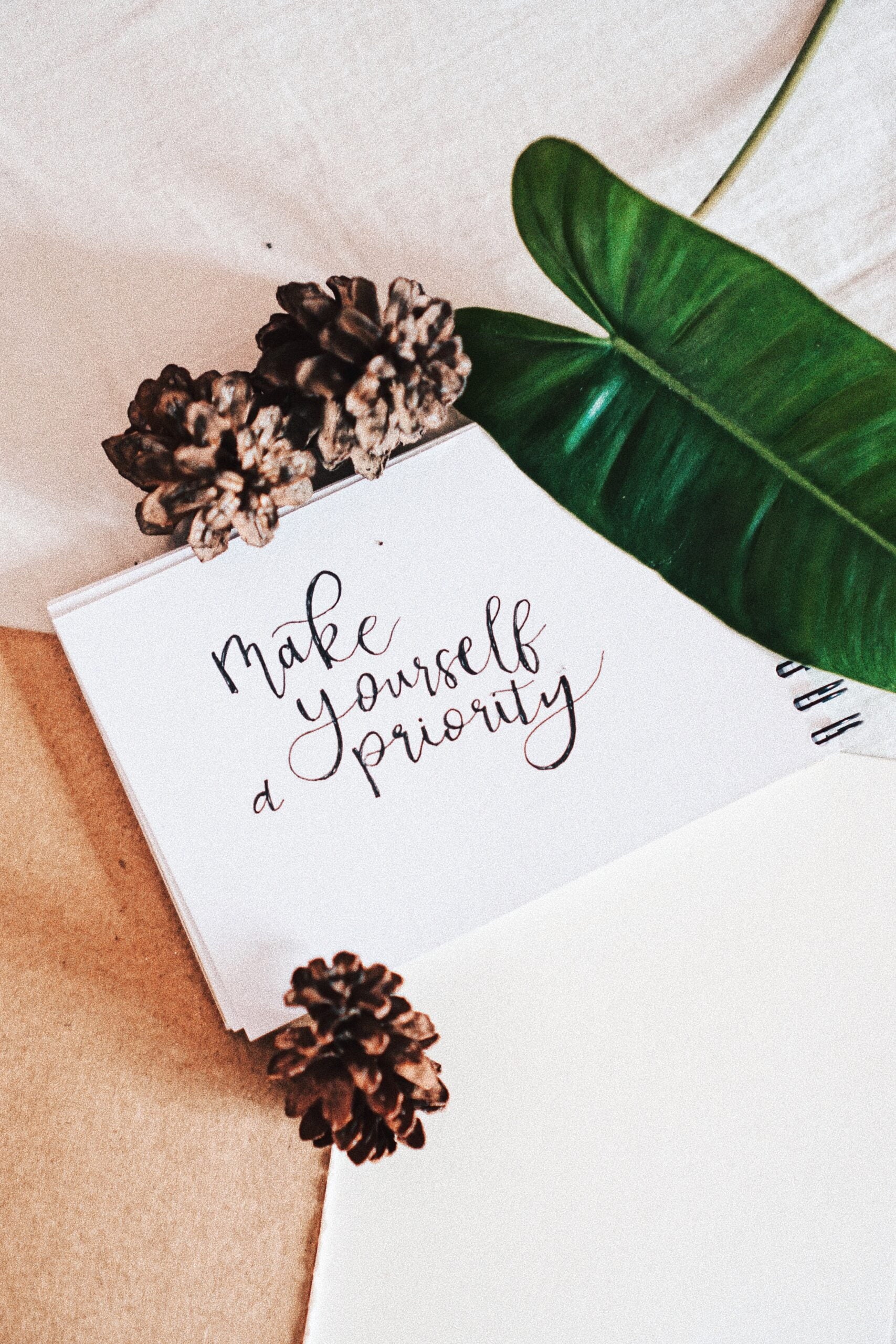
Brain Health
New habits, new neural pathways
New habits, new neural pathways - 8 hobbies great for your brain health
Research from Harvard Medical School and neurologists tell us that learning a new skill has a variety of effects on the physical structures of the brain itself. New information introduced to our mind connects new neural pathways, which makes our thinking more agile and more efficient and crucially, maintains good brain health.It also makes our brain matter denser, speeding up our thinking even more and this has even been shown to help the elderly avoid the effects of dementia and slow our cognitive ageing.
With this in mind, here are some new skills you can learn from the comfort of your home.
Join an Online Choir Music charity Nordoff Robbins invites you to sing together from the comfort of your own home using video platform Zoom. Find out more here.
Learn a new language Whether it’s just a few conversational basics or if you want to learn in-depth, apps like Babbel and Duo Lingo mean you can learn some new lingo. You could try Polish to Danish, Norwegian to Turkish and a few more besides.
Cook up a storm Google celebrity chefs on You Tube or look up your favourite chef on Instagram or Facebook and you’ll find chefs sharing their best how-to recipes for simple suppers or midweek meals. One of our favourites is Tom Kerridge on Facebook.
Embrace Mindfulness The Headspace or Calm apps on Google play come highly recommended. This online course from Be Mindful is also excellent.
Learn Flamenco If dancing floats your boat and you’d like to learn, this website has lots of videos, tips and blog and lessons online.
Learn CalligraphyExplore your creativity and learn a new art form. Skillshare has lots of courses on creativity.
Make a Macaron or two There are lots of online forums dedicated to these French custardy little cakes. Apparently they’re quick tricky to make though this website makes it look quite easy!
Get into Quilting If you’ve ever fancied learning how to do this, you can do it on this website which is dedicated to Beatrix Potter’s Peter Rabbit.
Keep Well
Dr Clara Russell
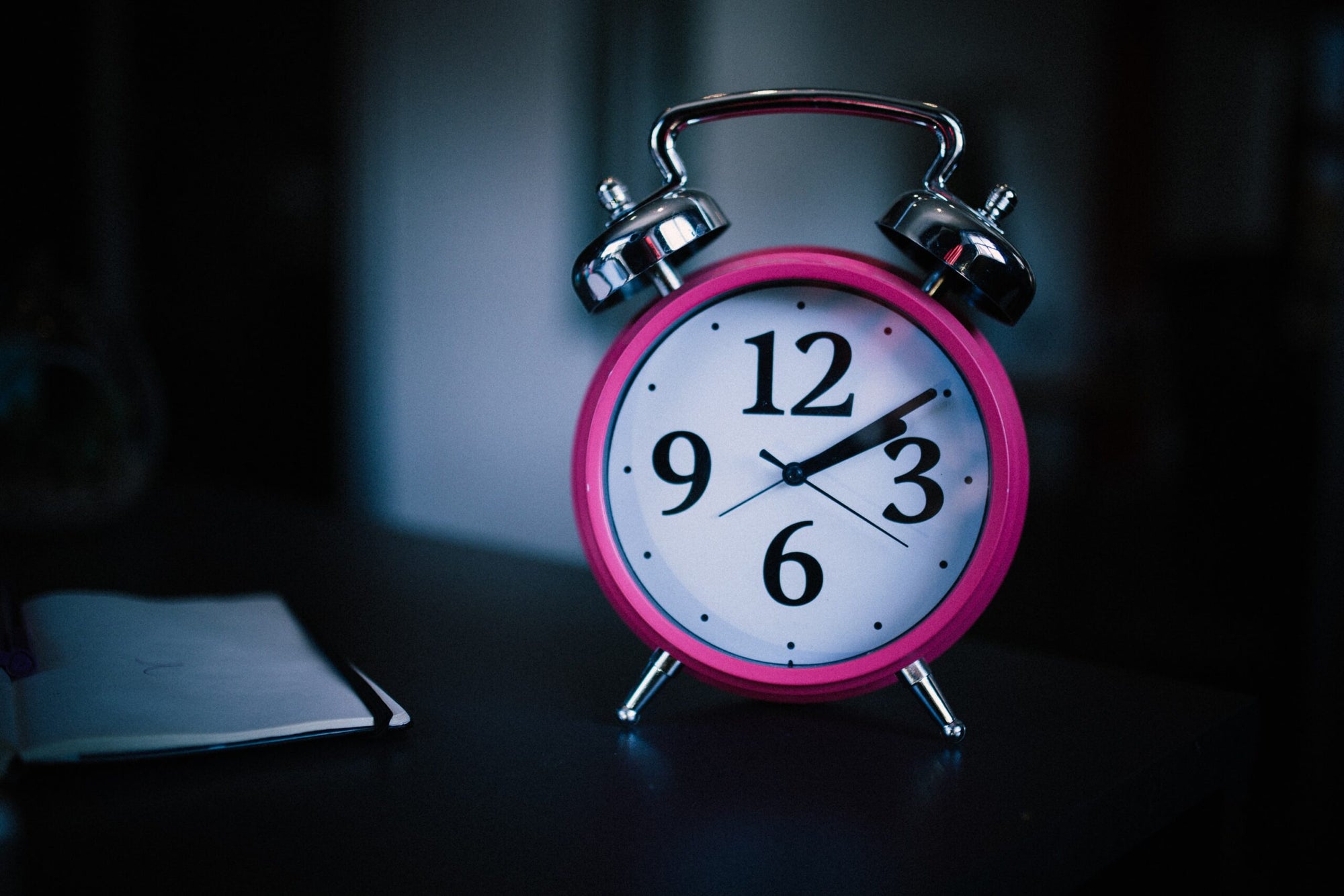
Brain Health
Can A Nap Boost Your Brain Health?
Yes! Research has shown that catching a few Zzzzz during the day can be good for your brain.
A number of famous names are notable for their love of napping.
Sir Winston Churchill managed on just four hours sleep a night during World War Two — but insisted on a two hour nap in the afternoon.
Albert Einstein reportedly slept for 10 hours a night, plus daytime naps.
The Kardashians also manage to nap with their young family, though that might have been pre-Kanye’s erratic behaviour in the media.
There’s also scientific from Harvard Medical School supporting the belief that having a nap can give our brains some much needed downtime.
When Greece started phasing out its siesta in the 1990s, and keeping stores open longer during the day, researchers from Harvard University’s School of Public Health attempted to quantify the impacts of this cultural change. Though none of the participants had a history of heart disease or stroke when the study began, by the end of the six-year period, those who had stopped taking their regular siesta suffered a 37% increased risk of death from heart disease compared to those who didn’t.
A growing number of businesses are recognising what research has long conveyed: daytime napping may come with big advantages — both psychological and professional.
In recent years in the US, Google, Uber, Nike NASA and Zappos all offer some form of napping benefits.
Napping Types
Planned napping (also called preparatory napping) involves taking a nap before you actually get sleepy.
You may use this technique when you know that you will be up later than your normal bed time or as a mechanism to ward off getting tired earlier.
Emergency napping occurs when you are suddenly very tired and cannot continue with the activity you were originally engaged in.
This type of nap can be used to combat drowsy driving or fatigue while using heavy and dangerous machinery.
Habitual napping is practiced when a person takes a nap at the same time each day.
Young children may fall into the land of nod about the same time each afternoon or an adult might take a short siesta after lunch each day.
Benefits
A little nap can help restore energy, alertness, enhance performance, and reduce mistakes and accidents.
A study at NASA on sleepy military pilots and astronauts found that a 40-minute nap improved performance by 34% and alertness 100%.
Naps can increase alertness in the period directly following the nap and may extend alertness a few hours later in the day.
Napping has psychological benefits - a nap can be a little luxury, a break from the routine and it can provide an easy way to get some relaxation and help you feel rejuvenated.
Timing is Key
One of the keys to "power napping", or “cat napping” or taking a “disco nap” is to keep them short. If you benefit from napping there is almost no length of nap that is too short. However, an extended nap can leave you feeling groggy and ‘jetlagged’ as well as possibly upsetting your night time sleep.
Many experts say 10 to 20 minutes is the ideal duration to bolster energy and heighten alertness. Setting an alarm for this length of time is recommended to get the best benefit from your daytime downtime.
Another idea is using the Calm App which has specially selected Nap settings to help you gently fall asleep and stir from slumber naturally.https://www.calm.com/breathe
Keep Well,
Dr Clara Russell
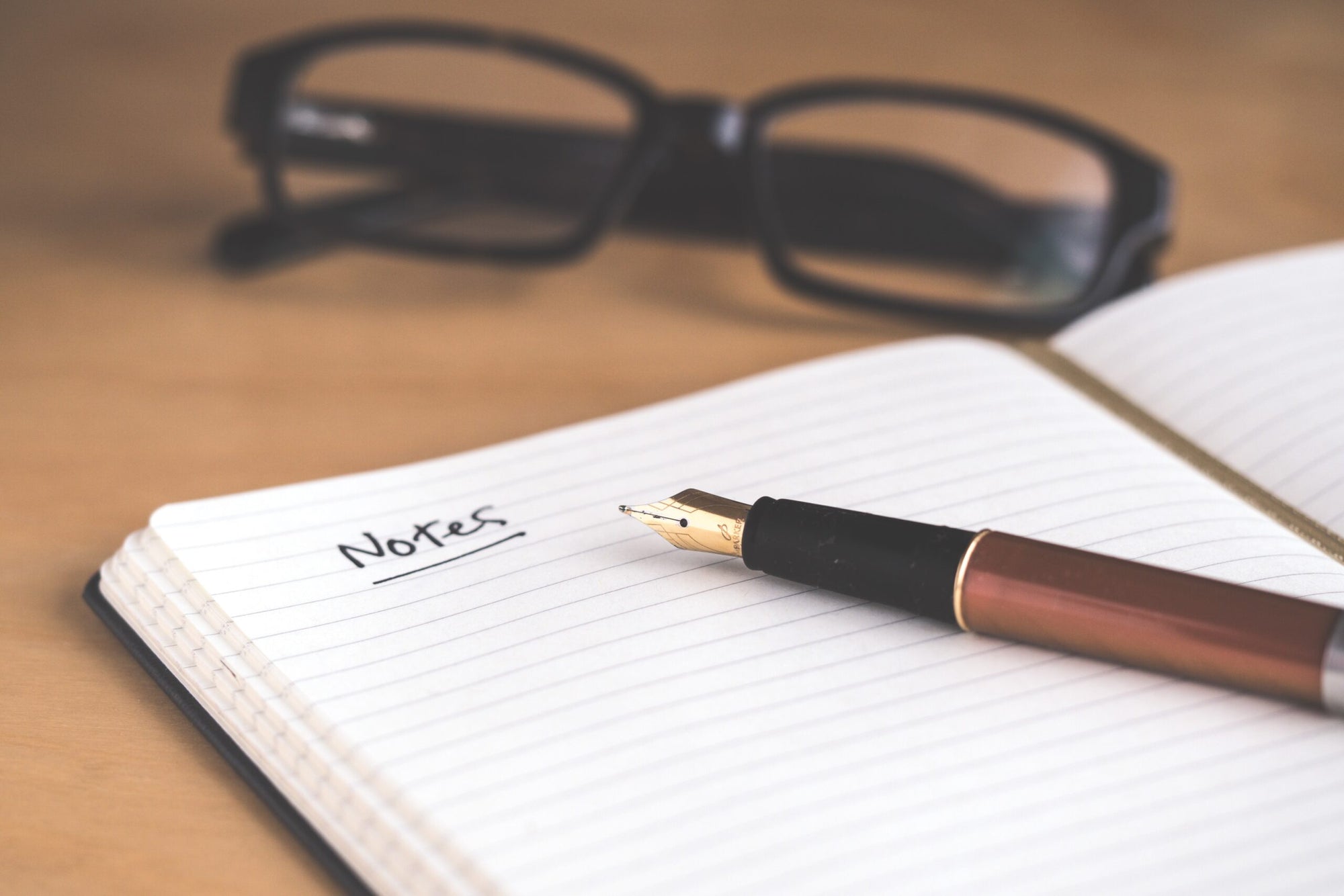
Brain Health
Podcasts to boost Brain Power
Downtime and taking a break is so important as we continue to navigate the challenges around day to day living as we adapt to the new normal.
Many of us are suffering from stress and anxiety and you can check out my tips on how to de-stress here.
Whether it’s reading a book, cooking, swimming or gardening, time to switch off is an absolute must.
Taking a break has also been found to increase productivity and creativity.
Here are some recommendations from Team Noggin on some stimulating and relaxing podcasts.
The Travel Diaries
Since travelling abroad could potentially be stressful right now due to Covid, why not plug into some escapism via The Travel Diaries podcast.
Host Holly Rubenstein interviews a plethora of people including Rick Stein, Jo Malone, Sir Michael Palin, Nadiya Hussain and Tom Kerridge about their travel experiences.
Postcards From Midlife
Editing powerhouses Lorraine Candy and Trish Halpin have been working in magazine publishing for 20 years and are long term friends.
Their conversations cover everything from handling mansplainers, the menopause and managing a mid-life crisis, parenting kids and providing care to elderly parents.
If you’re of a certain age you will relate.
Revisionist History
New York Times best-selling author and public speaker Malcolm Gladwell talks with Virginia Heffernan about notorious and intriguing
events from the past and re-examones them. This is an intelligent and educational series, over10 episodes.
Feel Better, Live More
Dr Ranjan Chatterjee speaks to fellow experts about topics like mental health, relationships, sleep, productivity, meditation, mindfulness and more.
Stuff You Should Know
Perfect fodder for pub/ zoom chat or to keep up your sleeve for when we can all socialise more freely.
If you’ve ever wondered how miniature golf works, or the story of champagne, LSD, El Nino and Rosa Parks, then you’ve come to the right place.
Keep Well
Dr Clara Russell

Brain Health
Why Dementia risk isn’t all in the genes
“It is never too early and never too late in the life course for dementia prevention” *
Why Dementia risk isn’t all in the genes

Brain Health
Is lack of sleep causing you stress?
Did you know that poor sleep quality, or a lack of sleep can be causing you stress? More than just irritability, stress can raise your cortisol levels which isn't great for your brain or your body. Here's our 3 top tips for better sleep that you can try today.
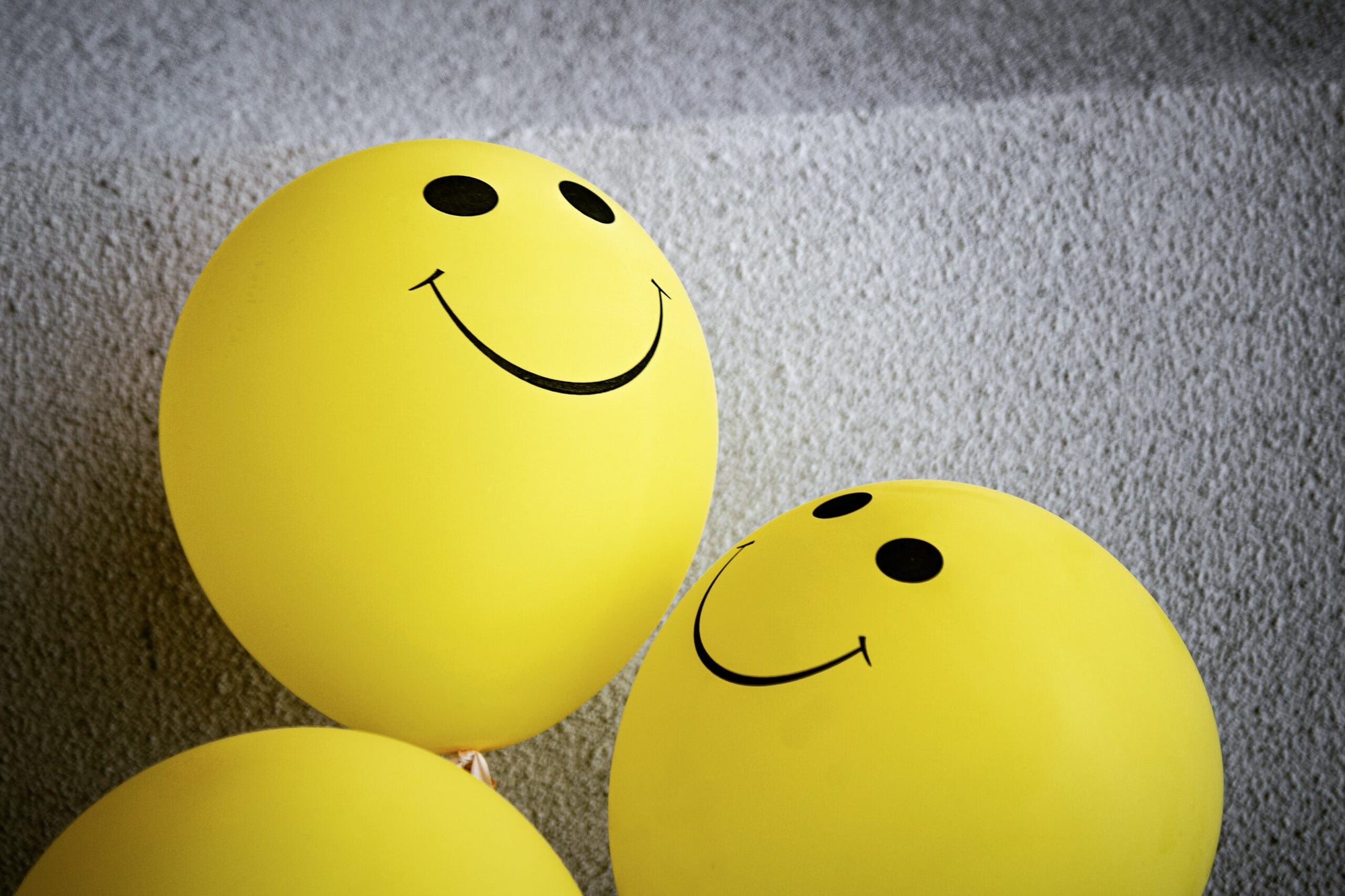
Brain Health
Hello? Is it me you are looking for....
Neurotransmitters- how our brain cells communicate.
Big word, complicated topic- what does this mean and why does it matter for your brain health.
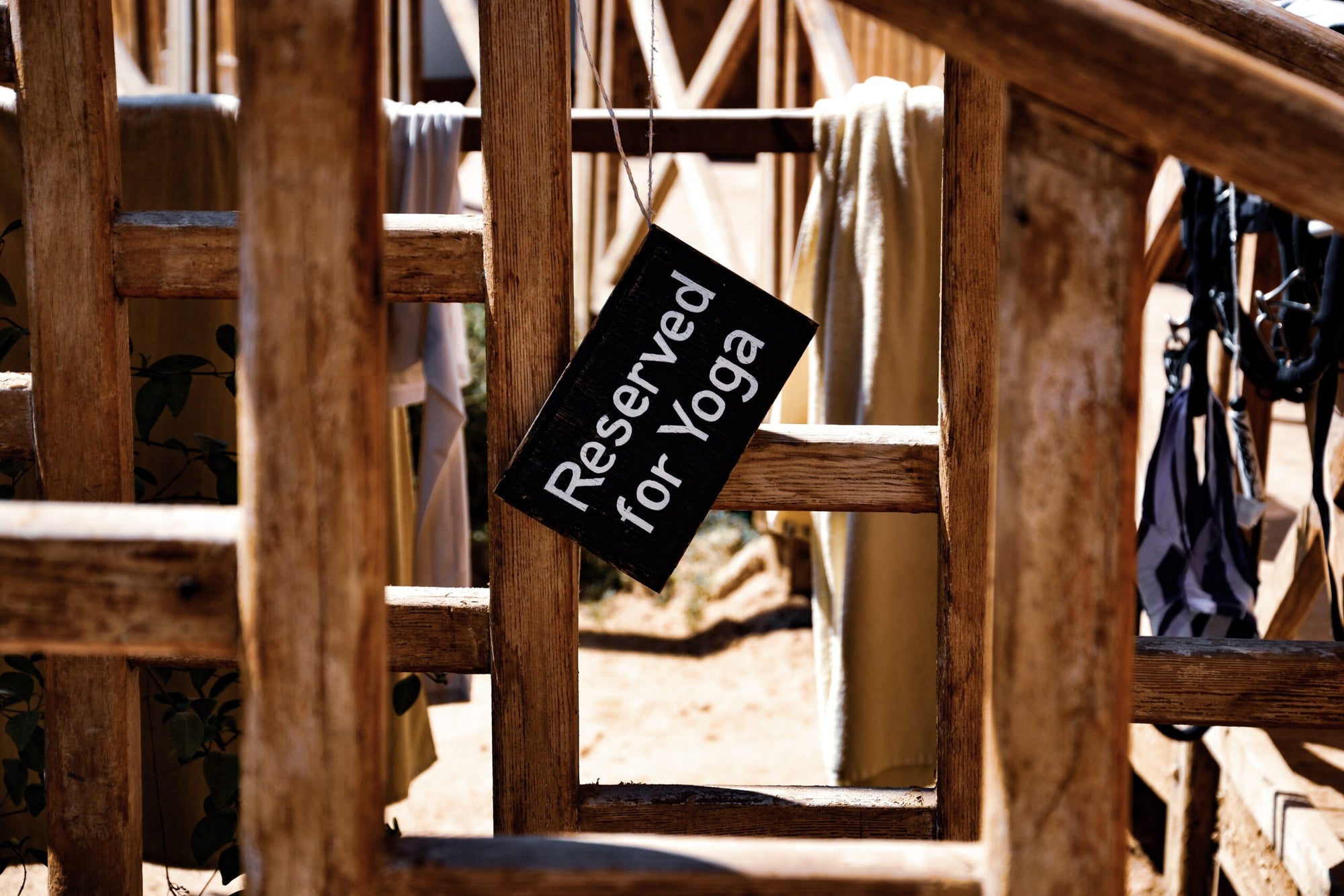
Brain Health
Why Yoga is Good for Brain Health
There is nothing new about the practice of yoga having been around for many centuries particularly in Eastern Cultures. In recent years, yoga has become increasingly popular world wide for its benefits both in physical and mental health.
Yoga is the most popular form of complementary therapy and has been shown to help with relaxation and mindfulness practice as well its many benefits to physical health.

Brain Health
The Sound of Silence
Between Zoom calls, home schooling, devices and just generally more people in your house than there would normally be during the day lockdown has been noisy.
Whilst the roads remained silent and the shops were boarded up there was an eery silence on our streets - yet indoors things were very different.
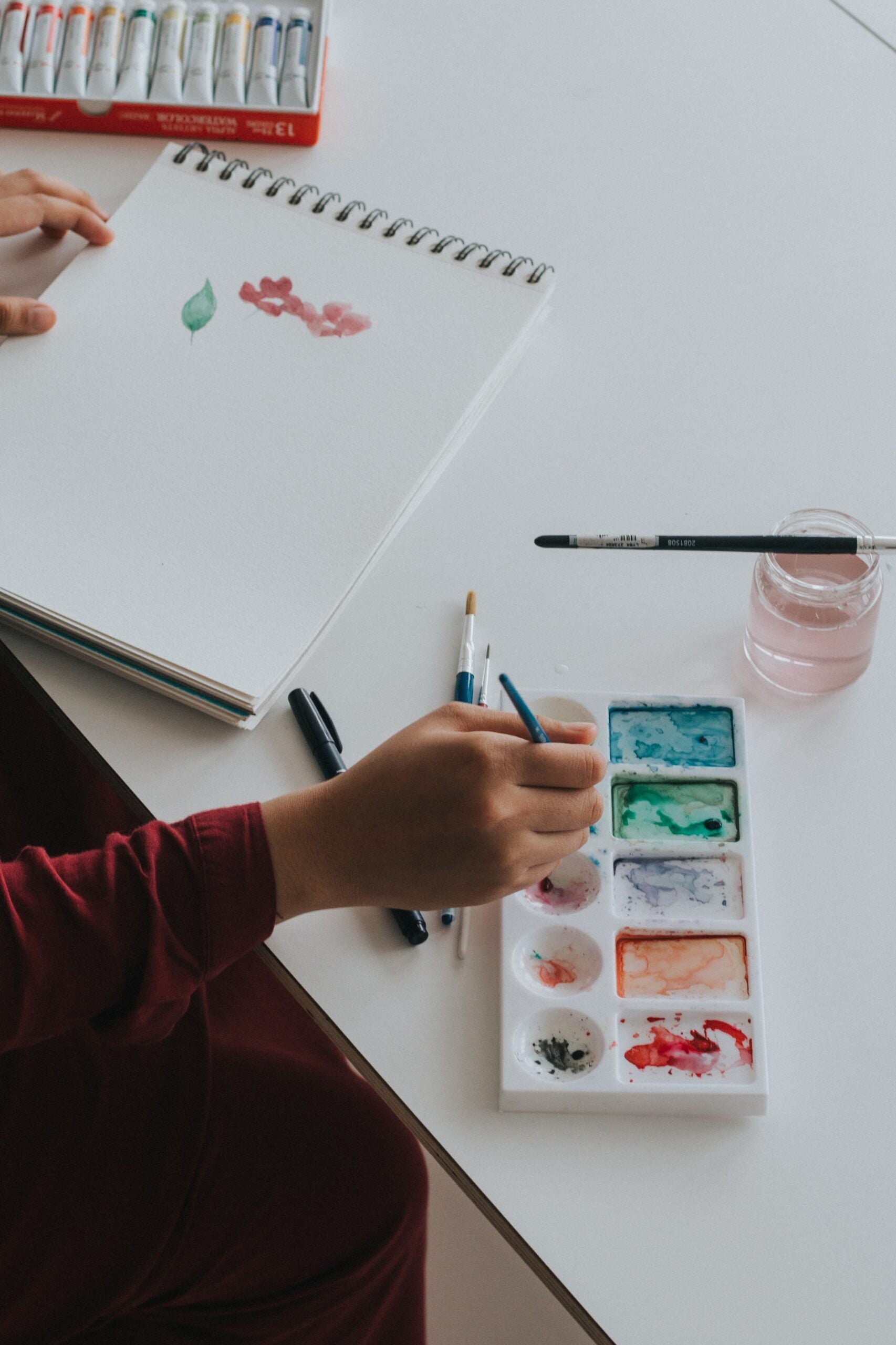
Brain Health
Dance, lift weights or get creative to help your Brain Health.
Evidence backed ways to help improve memory and brain function
Latest research published this month has reviewed non medication options to help prevent memory loss and cognitive decline in the 50+ age group.
Aerobic exercise, resistance training, creative art, story telling and dancing all shown to have help brain health in a review of the evidence for those over 50.
What the researchers found was this:
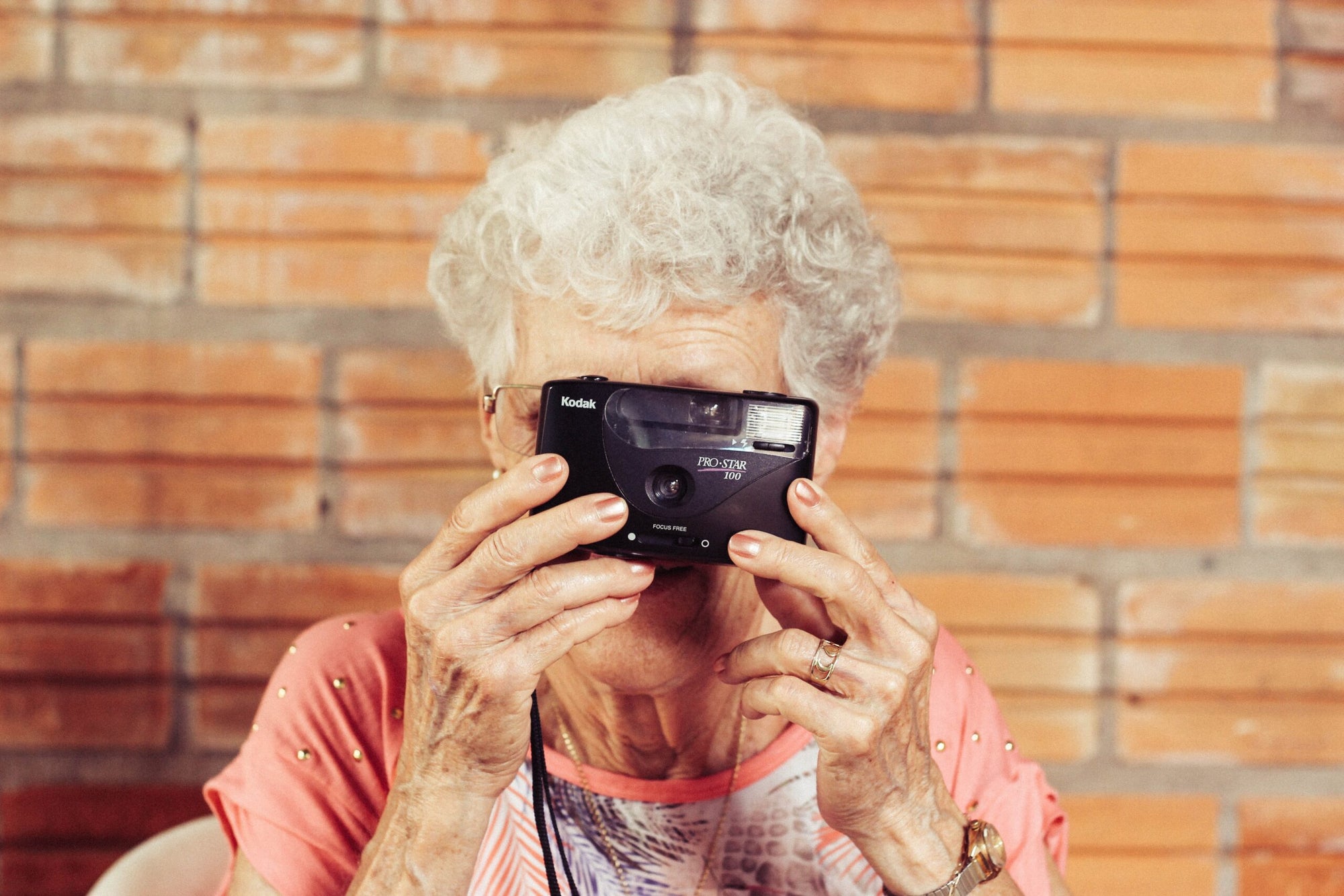
Brain Health
5 ways to reduce your risk of Alzheimers disease
5 ways to reduce your risk of Alzheimers disease
Can a combination of every day lifestyle changes reduce your risk for Alzheimers dementia even when you are in an age group that is at most risk?
From all we’ve read and researched we at Noggin know that lifestyle matters for supporting your brain and mental health - that is why we are so passionate about brain health.






